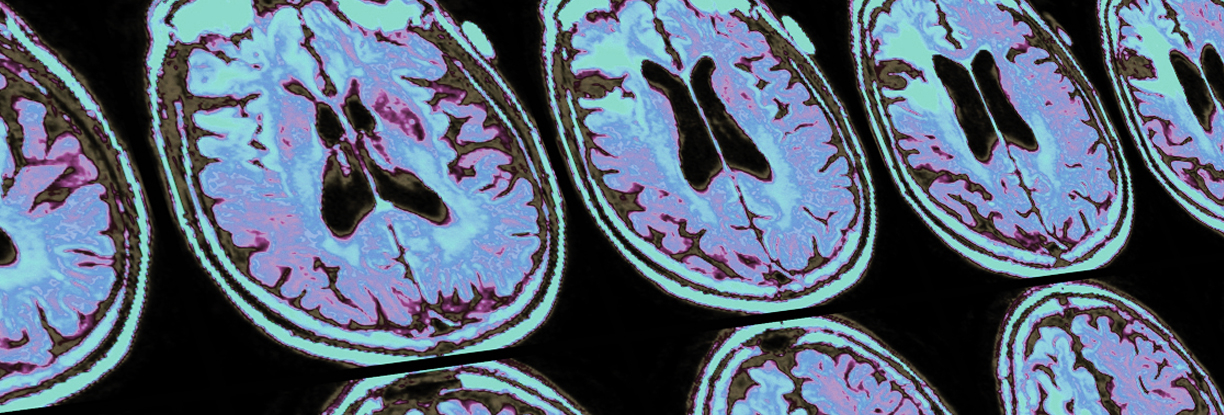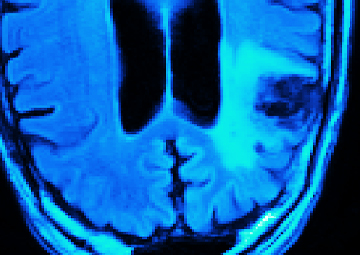

A transformative approach to reducing the burden of cognitive disorders
The total contribution of vascular pathology to dementia is estimated to be as high as 50-70%. Vascular Cognitive Impairment and Dementia (VCID) has been characterised as “preventable” dementia, and the data from cohort studies and intervention trials thus far suggest that this may indeed be the basis for the changing epidemiology of dementia. Despite this promise, investment in research on VCID has lagged that in Alzheimer’s disease (AD), even though significant advances have occurred in our understanding of vascular disease mechanisms and the brain-vascular interface.
The VCD-CRE brings together leading experts from the fields of neuropsychiatry, cognitive neurology, cerebrovascular and cardiovascular disease, endocrinology, geriatrics, neuroimaging, genetics, proteomics, lipidomics, bioinformatics and statistics to develop a collaborative national network to address the major research themes in VCID, with the objective of reducing the vascular contributions to neurocognitive disorders, without which the overall burden of dementia will be difficult to reduce.
The work of the Centre is structured on five research themes to:
- advance the diagnostic criteria of VCID;
- coordinate an international effort to further develop its analytical epidemiology, and harness ongoing trials to enhance the evidence for risk factors;
- identify and validate the clinical utility of biomarkers;
- contribute to the international effort to identify its genetic underpinnings; and,
- develop a portfolio of interventions for its prevention and treatment.
The VCD-CRE project is generously funded by the NHMRC Centres of Research Excellence (CRE) scheme (RG203943; 2021-2026).






